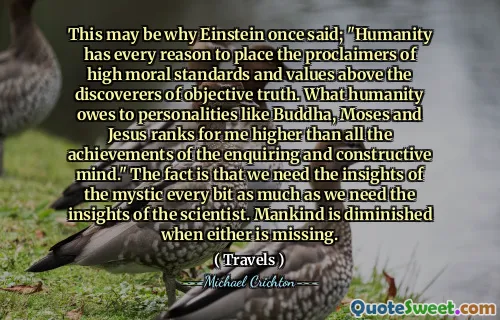
Most astronomical work has to do with things that are very, very far away and don't affect our lives very much.
This quote highlights a perspective often encountered in the public view of astronomy. While understanding the universe is a pursuit driven by curiosity and a quest for knowledge, it can sometimes be perceived as disconnected from the everyday concerns of human life. However, this perception overlooks the profound implications and benefits that astronomical research offers. For instance, studying distant celestial objects not only satisfies our curiosity about the cosmos but also drives technological advancements, such as improvements in imaging, data analysis, and precision measurement devices, which often find applications in other fields.
Moreover, understanding phenomena like asteroids, climate changes on planetary scales, or cosmic radiation can have direct implications for our planet's safety and the future of humanity. For example, the detection of Near-Earth Objects (NEOs) helps us develop strategies to prevent potential impacts, thus serving a vital role in planetary defense.
On a broader scale, astronomy inspires technological innovation and stimulates interest in science and education, fostering a well-informed, curious society. It also deepens our fundamental understanding of our place in the universe, which can influence philosophical and cultural growth.
While the immediate effects of distant celestial phenomena on day-to-day life may be minimal, the pursuit of knowledge in this field is an engine of scientific progress with far-reaching benefits that extend beyond what’s apparent at first glance. Recognizing the interconnectedness of knowledge, technological development, and societal progress helps appreciate the importance of astronomical work, even if its impacts on our personal lives seem distant or abstract.











